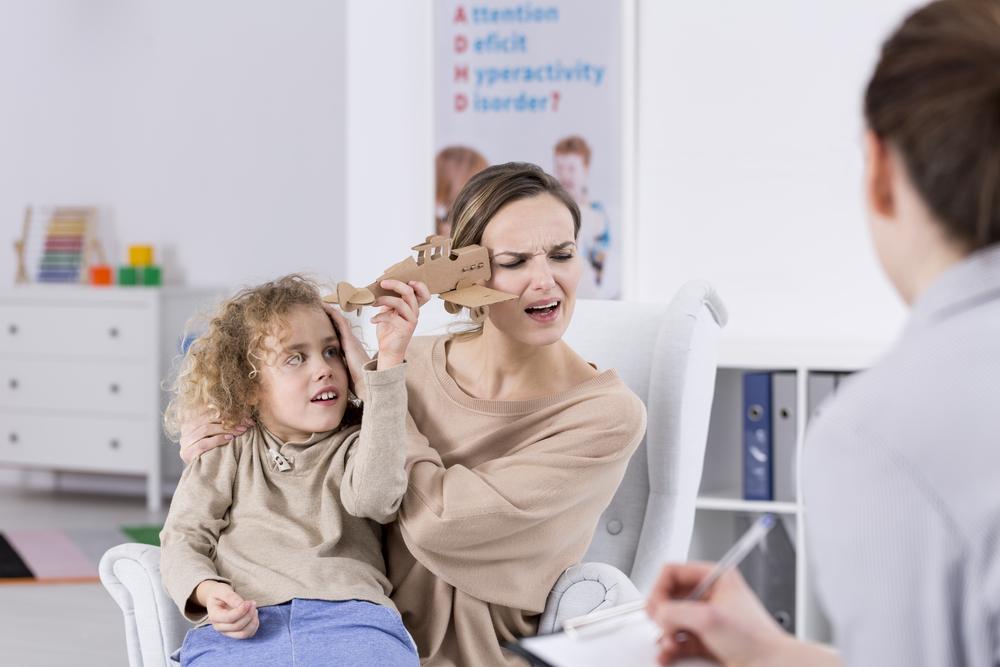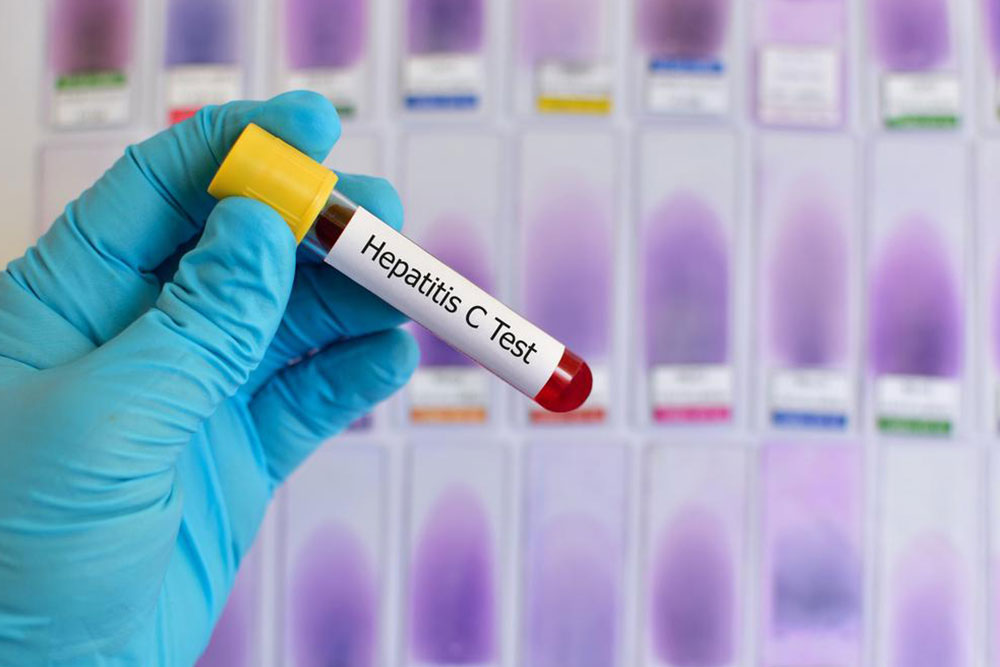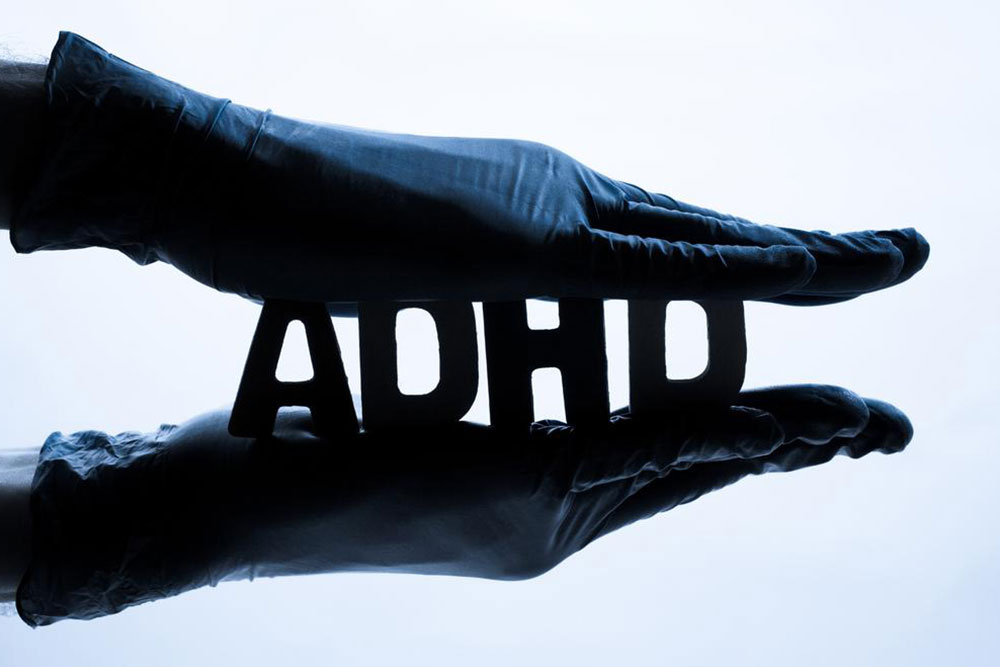Recognizing Signs of ADHD in Your Child
Learn how to identify early signs of ADHD in your young child. Recognizing symptoms like inattentiveness, fidgeting, and impulsivity can lead to early intervention. Our practical checklist, combined with teacher insights, can help caregivers determine if their child may need professional help. Understanding these behaviors across different settings provides clarity. Remember, professional evaluation is essential for an accurate diagnosis, but awareness of common ADHD indicators is a crucial first step towards supporting your child's development.

Parents sometimes need to pay extra attention to determine if their child has any developmental concerns. Discovering that a young child might have a condition requiring special care can be challenging for parents to accept. ADHD (Attention Deficit/Hyperactivity Disorder) is particularly difficult to identify in toddlers, as its symptoms often resemble typical childhood behaviors. To help parents, understanding common ADHD signs in young children is essential. Recognizing these signs early allows for timely interventions and support.
Typical ADHD indicators in toddlers include:
Short attention span
Difficulty maintaining focus
Constant fidgeting
Impatience
Interruptive actions
Risk-taking behavior without awareness of consequences
Parents should observe their child's behavior carefully to identify potential signs of ADHD. Use this checklist:
Is your child's behavior consistent with other children of the same age?
Are their actions appropriate for their age?
Do specific behaviors follow a pattern during various activities?
Are these behaviors present across different settings?
If you're concerned about your child's behaviors, tracking these signs can be helpful before consulting a healthcare professional. Teachers who interact regularly with your child can offer valuable insights, as they observe classroom behaviors that might differ from typical development. Collaborating with educators and tracking observations increases the accuracy of identifying potential ADHD symptoms.
Note: While our articles provide helpful information, they are not substitutes for professional diagnosis. For accurate assessment and advice, consult qualified healthcare providers. The information is meant to inform and support, not replace medical guidance.










